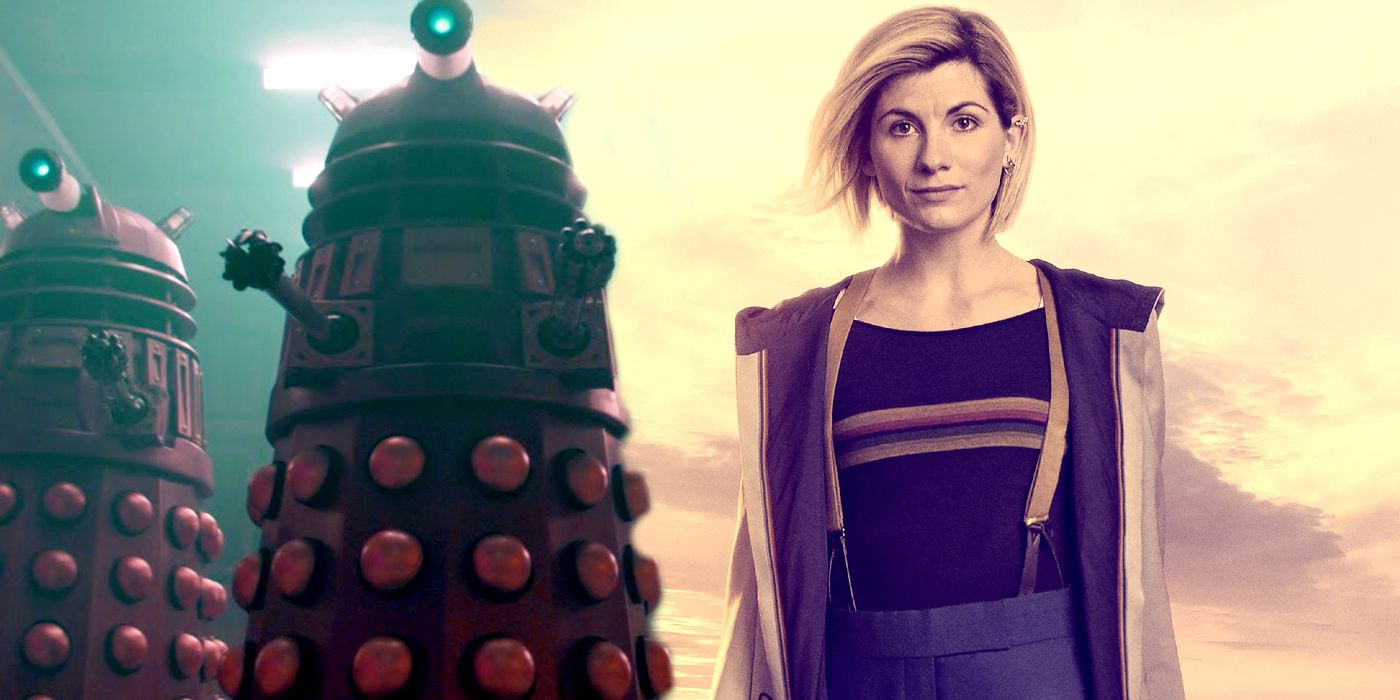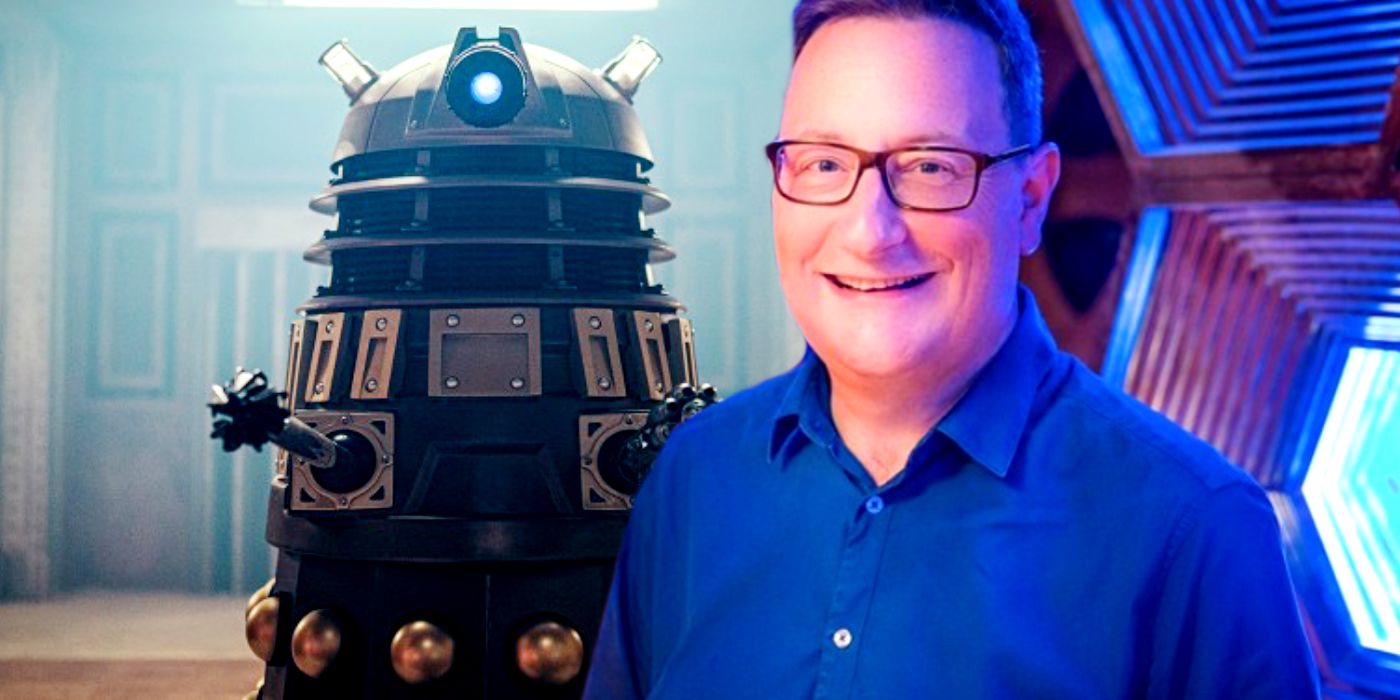Since the beginning of his time on Doctor Who, showrunner Chris Chibnall has not shied away from actions that might be controversial. One such action was his decision, during Doctor Who season 11, not to bring back older villains that long-time viewers of the show might know. Instead, all of the aliens the Thirteenth Doctor faced in Doctor Who season 11 were new creations. From the Pting to the Thijarians, none of the antagonists of Doctor Who season 11 were seen before. The fact that none of the villains in Doctor Who season 11 had a history with the Doctor worked in the show's favor, as it made season 11 the perfect time to join for new viewers.
Although Doctor Who is perhaps best known for its legendary antagonists such as the Daleks and the Cybermen, each iteration of the show also introduces a raft of new enemies for The Doctor to overcome. The modern era has spawned now-classic adversaries such as the weeping angels the Silence, while also remaining true to the show's roots. However, an overreliance on legacy enemies can be detrimental for a show as established as Doctor Who, given that recurring characters have to tie into decades of established lore.
While part of what makes Doctor Who special is its iconic villains, the show's long history can be a lot for newer audiences. So Chibnall made the right decision by not bringing back older villains from the show's past. Viewers of Doctor Who season 11 could therefore enjoy the show without needing to know a ton of information about various villains and their connections to the Doctor. Doctor Who season 11 was, due to a lack of past villains, also slightly more grounded and realistic than a typical sci-fi show, which also might have appealed to newer audiences.
For example, the villain of Doctor Who season 11 episode 3, "Rosa," is a criminal from the future who thinks that the civil rights movement in the United States is the moment when society went wrong. He therefore goes back in time to stop Rosa Parks from refusing to move on the bus. Some might feel that Krasko was not an exciting enough villain and that the episode would've been the same without him. That might be true to a certain extent, but his attitude shows that racism – and indeed all types of prejudices – will not just disappear in time. Everyone has to work together to eradicate these ideas and to change the world we live in into a better place for everyone.
The Thijarians from Doctor Who season 11, episode 6, "Demons of the Punjab," have a similar issue as Krasko's for some viewers. Once terrifying assassins, they have become simply witnesses to the demise of people who end up alone. Therefore, they are not truly villains in the traditional sense, even though they are the antagonists in one part of the episode. The true villain in Doctor Who season 11 is the dark side of humanity, which makes the antagonists such as Krasko and the Thijarians even more realistic, which might also appeal to newer viewers. It makes sense that the newly created villains are not necessarily as iconic as previous ones. However these villains may appear to some viewers, the fact that the Doctor and her companions are meeting them for the first time as well makes newer audience members feel like they're experiencing exactly what the characters are going through. This was a smart move on Chibnall's part.
By opting to use only newly created villains in Doctor Who season 11, Chibnall made it simple for newer viewers to get involved in the show. Chibnall chose to ease newer viewers into the show, and that idea does make sense, as the show's history can be overwhelming for newer audiences. Fortunately, thanks to this decision, they did not have to know the show's past to enjoy the beginnings of the Chibnall era in Doctor Who season 11.


